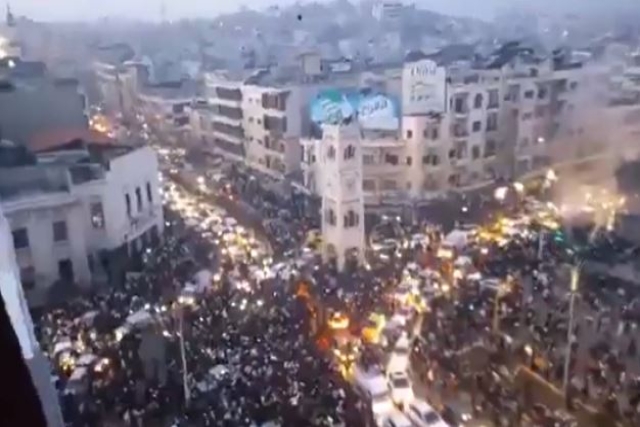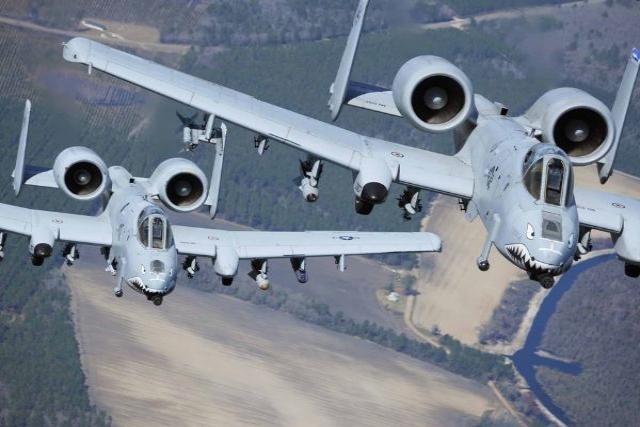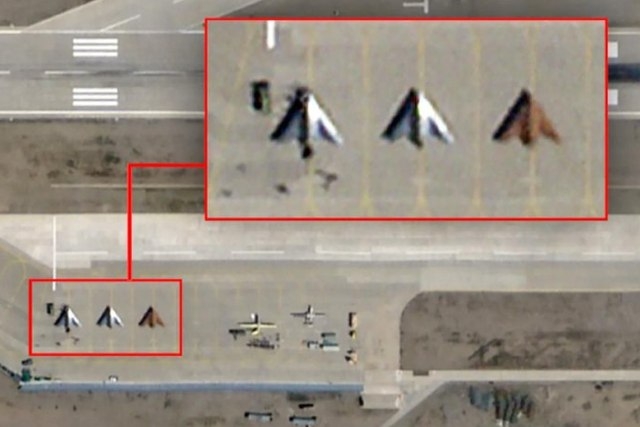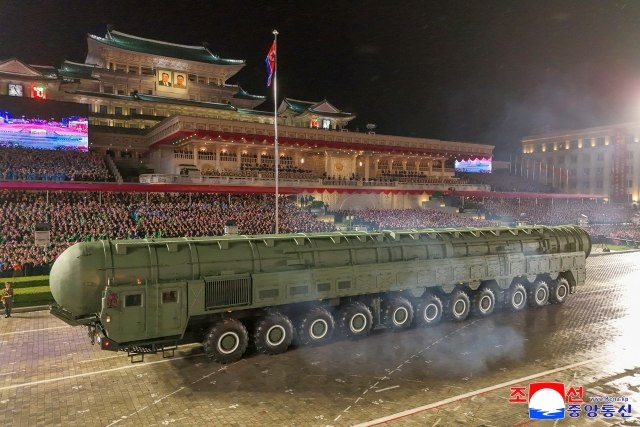Israel Expands Control in Golan Heights Following Syrian Government Collapse
Buffer zone seized amid fighting in Syria; airstrikes target key sites

Israel has seized control of parts of Syrian territory in the Golan Heights as its military issued warnings to residents of five Syrian villages near the Israeli-occupied zone.
Prime Minister Benjamin Netanyahu confirmed the decision to take over a buffer zone established under a 1974 ceasefire agreement after Syrian opposition forces advanced rapidly, leading to the collapse of President Bashar al-Assad’s government.
Netanyahu announced on Sunday that the ceasefire framework had disintegrated, prompting Israeli forces to secure the area. "We will not allow any hostile force to establish itself on our border," he said.
Israel had previously captured a portion of the Golan Heights during the 1967 war, later annexing it—a move widely condemned by the international community, except the U.S.
The Israeli military warned residents of Ofaniya, Quneitra, al-Hamidiyah, Samdaniya al-Gharbiyya, and al-Qahtaniyah to remain indoors. Colonel Avichay Adraee, the Israeli army's Arabic-language spokesperson, stated on social media that military actions were unavoidable but not aimed at harming civilians. Agricultural areas were declared closed military zones, and some schools transitioned to online classes.
Israeli tanks and infantry entered the southeastern province of Quneitra, advancing beyond the buffer zone for the first time since 1974. Hebrew media reported that Unit 5101, known as Shaldag, was deployed to Syria's Mount Hermon. The Israeli military indicated it would remain in Syrian territory "as long as necessary."
Airstrikes Target Strategic Sites
As the power vacuum in Syria expanded, Israel conducted multiple airstrikes on key Syrian locations. Targets included ammunition depots in southern Syria, Damascus, and the Mazzeh military airport. The strikes reportedly aimed to prevent opposition groups from seizing advanced weaponry.
Regional intelligence sources reported attacks on the Khalkhala airbase and other military sites. Explosions were also heard near Damascus’s Kafr Sousa district, with reports of Israeli fighter jets targeting fuel depots and security installations.
Israel has previously targeted arms transfers in Syria, citing security concerns over Hezbollah and Iran-backed militias. However, no official Israeli acknowledgment of the strikes was provided.
Regional and Political Reactions
The fall of al-Assad’s government was celebrated in Syria with large crowds in Damascus waving revolutionary flags. Netanyahu called the development an “historic day,” noting that it created significant opportunities for Israel. Opposition leader Yair Lapid emphasized the importance of strengthening regional coalitions with Saudi Arabia and other Abraham Accords partners.
Meanwhile, some Israeli politicians advocated for full control of the Golan Heights. Minister Amichai Chikli and Knesset member Tzvi Succot called for expanding Israel’s presence, citing a low political and military cost amid Syria’s turmoil.
The Mossad highlighted the strategic importance of Homs, previously considered a corridor for Iranian weapons transfers to Hezbollah. However, there is no verifiable evidence supporting those claims.

Free Syrian Army Leader Seeks Peace With Israel
In a recent interview with the Times of Israel, a senior officer from the Free Syrian Army (FSA) group expressed hopes for future friendly relations with Israel while warning of the threat posed by Iranian militias supporting Bashar al-Assad’s regime. The officer, who spoke anonymously, outlined the FSA’s goals and its vision for Syria, emphasizing a commitment to democratic and secular governance.
The officer stated, “We are open to friendship with everyone in the region – including Israel. Our enemies are the Assad regime, Hezbollah, and Iran.” He expressed gratitude for Israeli strikes against Hezbollah and Iranian targets, saying these actions had benefited the FSA’s efforts. Regarding future relations, he remarked, “We will go for full peace with Israel, we will live side by side as neighbors.”
Addressing the FSA’s position on Kurds, he clarified that while the FSA opposes Kurdish secession and foreign influence, it respects their rights within Syria. “We consider the Kurds a full-fledged component of Syrian society. Their rights as citizens will be respected, and we are willing to finalize an agreement with them. If Israel wishes, it can be an observer in negotiations,” he said.
The FSA leader criticized Israel’s perceived ambivalence toward Assad, warning that allowing Iran and Hezbollah to strengthen their presence in Syria could threaten Israeli security. “Does Israel think it can live next to a disintegrated country plagued by chaos? If so, Israel should expect rockets launched against it within a few months.”
While the officer declined to confirm direct contact with Israeli officials, he called for Israel to adopt a clear political stance against Assad and Iran, stating, “What we need from Israel is a political signal to build trust with the Syrian people.”













